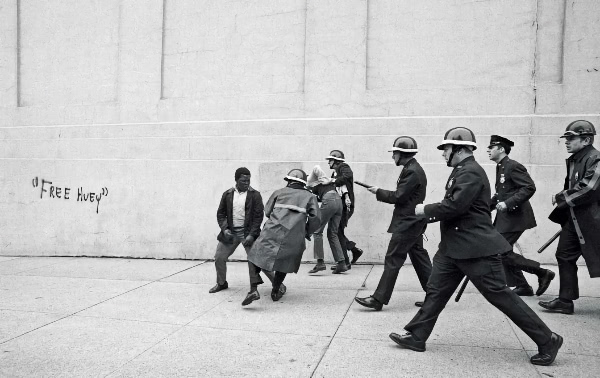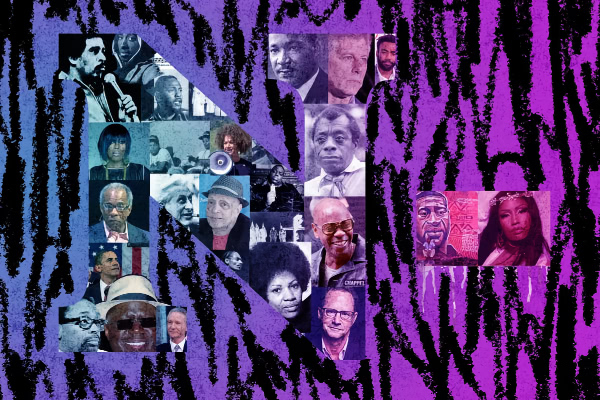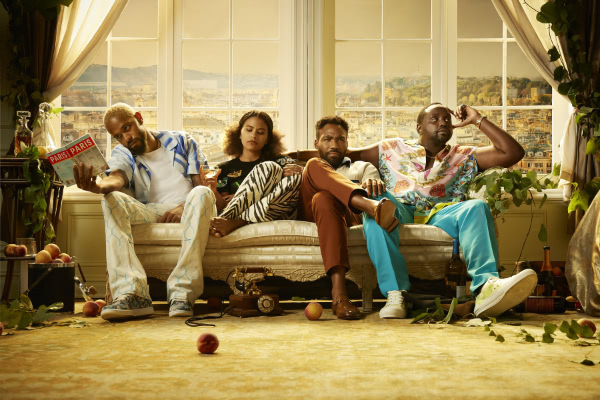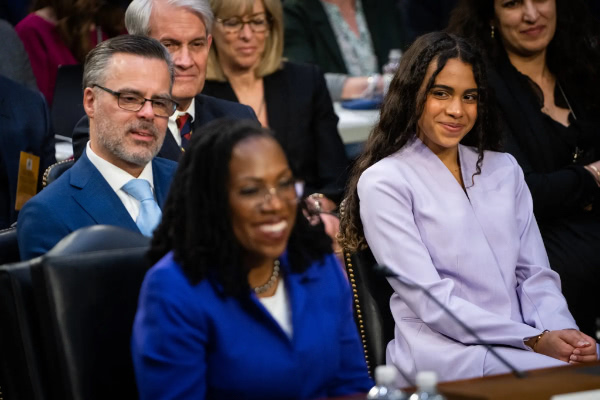The pragmatism of police abolition

Is abolishing police a logical solution for ending police violence?
Matthew Clair answers this and other significant questions surrounding abolition by way of his review of Derecka Purnell’s book Becoming Abolitionists.
Given the backlash against the defund movement — by both Republicans and Democrats — it’s important to lay out what abolition is.
Clair, writing for The Nation:
The abolition of police means more than simply the absence of policing or the end of police-perpetuated harm, she writes. Rather than a quixotic demand to disband police departments overnight, abolition is a careful and collective endeavor to build a world where police—and the reasons we believe we need policing—become obsolete.
Purnell’s views on abolition have evolved over the years. She at first was a proponent of reform, calling for more implicit-bias training, ending stop-and-frisk, putting body cameras on officers, banning choke holds, etc.
The same kinds of reform put forth by those who oppose reducing police budgets. Also, the same kinds of reform that have failed to end police violence.
It became clear to Purnell that if countless attempts at police reform haven’t worked, the policing system itself is irrevocably broken and, as a result, should be done away with.
Clair:
“Policing was, and is, deeply connected to the control of land, labor, and people who threatened white supremacy,” Purnell writes. The excessive deaths of Black people, Latinx people, Indigenous people, disabled people, poor people, and queer people at the hands of police is, she argues, no accident; rather, it is a predictable outcome of an institution that seeks to control, and extract resources from, these very groups. With this diagnosis of the problems of policing in mind, abolition becomes the only solution.
Jackson tears up as Sen. Booker says she’s earned her historic Supreme Court nomination
Love this. After days of aggressive questioning for Judge Ketanji Brown Jackson during her Supreme Court confirmation hearings, Senator Cory Booker, the only Black senator on Judiciary Committee, uses his time (nearly 20 minutes) to defend and praise her.
Sen. Booker:
I wanna tell you, this is why I get emotional, I’m sorry, but you are a person who is so you are a person that is so much more than your race and gender — you are a Christian, you are a mom, you are an intellect, you love books — but for me I’m sorry, it’s hard for me not to look at you and see my mom, not to see my cousins, one of them who had to come here and sit behind you, she had to have your back. I see my ancestors and yours…Nobody is gonna steal that joy. You have earned this spot. You are worthy. You are a great American.
Ted Cruz’s Excellent Anti-Racist Book Recommendations
Jackson: “Senator, I have not reviewed any of those books, any of those ideas. They don’t come up in my work as a judge, which I’m respectfully here to address.”
See also: Ted Cruz Tried to Cancel ‘Antiracist Baby’ — Now Everyone Is Buying It
Wherefore art thou, N-word?

Code Switch hosts Karen Grisby Bates and Gene Demby talk about what makes the N-word unique and discuss the rules around using it.
Demby:
One of the strangest things about the conversation around this word is, like, it is uniquely radioactive, right? When I was writing that piece about this word back in the early days, of course, which - what one of the linguists I spoke to told me was that, like, this word has always been, like, an especially, like, venomous word. Like, even slave owners would have refrained from using it. It was considered very low class, like, that kind of riffraff would use. And he also said that’s probably part of the reason it stuck around - right? - because it had this unique sort of frisson around it where other anti-Black slurs sort of fell by the wayside. But, you know, again, like, that’s sort of the paradox of the word, is that it’s both, like, verboten, and yet, it’s kind of everywhere.
Randall Kennedy, Harvard Law School professor and author of N—r: The Strange Career of a Troublesome Word (I’ve censored the title here), joins the hosts for the second half of the show to talk about what makes the N-word so troublesome.
‘Atlanta’: New season, new location and as bizarre and brilliant as ever

After four long years, Atlanta is back. Season 3 begins with an episode that has you wondering when the main characters are going to show up. Odd start? Yes. Good, as always? Also, yes.
Touré for theGrio:
Then it hit me—disorientation is the point … It’s a massive flex. Atlanta is so good and so beloved that we’ll watch anything they put out—they no longer have to prove themselves to us. It’s at the point where we, the audience, have to prove ourselves to them, like, can we hang with whatever weirdo creative things Donald Glover and his team want to do? If Atlanta were a rap group, this third season would be like their middle-age album where they start experimenting with weird sounds and daring us to not like it. They know we will.
A spirited Nigerian debut gives heavenly voice to outcast ‘Vagabonds’

Natashia Déon reviews Eloghosa Osunde’s new novel Vagabonds! for the Los Angeles Times:
“Vagabonds!” begins with a list of dictionary definitions for the title word. Osunde will soon illustrate its slipperier connotations, which touch both the marginalized and the powerful — albeit differently of course. The interconnected stories that follow, with occasional interjections from Tatafo, are set in a Nigeria where spirits are as real and dangerous as warmongers waiting for a reason to cut off someone’s head. Their values are not much different, either. Money is power. Beauty is power. Money is Owo, a spirit above power. Money is also “a legion” of spirits, “a battalion, a pantheon.” And money “makes beauty possible.” In Osunde’s Nigeria, having either may just secure you a safe existence … so long as you also carry a machete.
Thanks for reading. See you next week.

